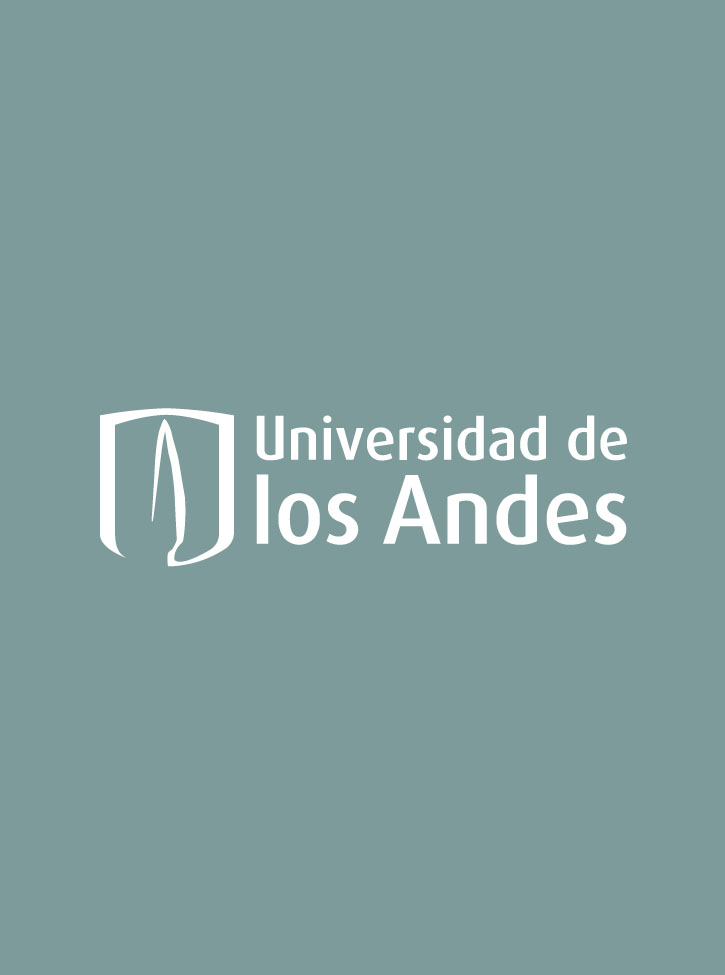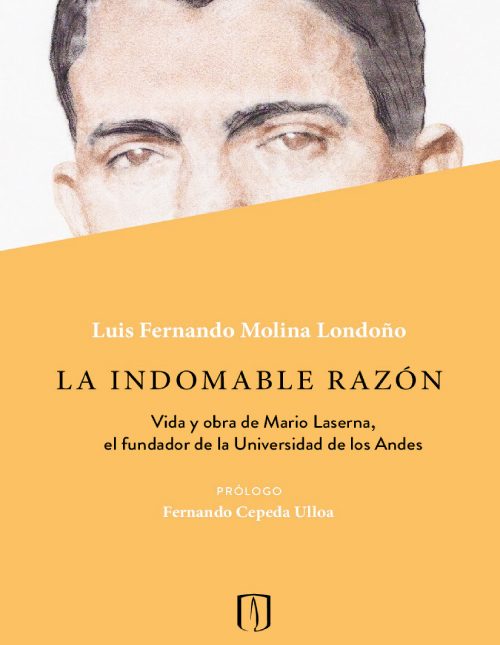Este libro cuenta la vida de Carlos Coriolano Amador, Juan Bautista Mainero, Pepe Sierra y Marco A. Restrepo Jaramillo, dueños de grandes fortunas del siglo pasado y de la primera mitad del siglo XX. ¿Empresarios? Todos podemos definir uno: “un interesado en el lucro y la ganancia por medio de la innovación permanente, aumento continuo de la producción e incorporación de procesos administrativos sistemáticos“. Pero en este libro no hay ningún propósito ideal. Entonces, ¿Cómo eran? ¿Vulgares monopolistas? Si, algunos remataban rentas fiscales, casi todos coleccionaban minas, fincas, bosque ecuatorianos, destartaladas mansiones y lotes en Cartagena, e intentaron dominar sectores. Pero los empresarios no siempre se comportaban así. De vez en cuando fueron amigos del gobierno pero, en general, desconfiaban de la política. Por el medio en que vivieron les tocó ser versátiles, pero a unos les fue mejor en ciertos negocios. Cada uno tuvo sus negocios de corazón. A Sierra no le gusto el café “negocio de pobres”, decía. ¿Se restringían a Colombia? Parece que sí, Restrepo trabajaba en Ecuador pero como paisa. Mainero hizo setenta viajes a Italia pero siguió comprando y comprando a Cartagena. Amador desconfiaba de los capitalistas extranjeros, aunque les pagaba intereses más bajos. De este libro se concluye que el empresario puro es una figura ideal sin vida en el mundo real. Pero todos estos personajes fueron capaces de tomar riesgos y de montar empresas nuevas. Aunque desparecidos ya, dejaron verdaderas empresas.
This book tells the life of Carlos Coriolano Amador, Juan Bautista Mainero, Pepe Sierra and Marco A. Restrepo Jaramillo, owners of great fortunes from the last century and the first half of the 20th century. Businessmen? We can all define one: «a person interested in profit and profit through permanent innovation, continuous increase in production and incorporation of systematic administrative processes». But there is no ideal purpose in this book. So what were they like? Vulgar monopolists? Yes, some topped tax revenues, almost all collected Ecuadorian mines, farms, forests, ramshackle mansions and lots in Cartagena, and tried to dominate sectors. But entrepreneurs did not always behave like this. From time to time they were friends with the government but generally mistrusted politics. Because of the environment in which they lived, they had to be versatile, but some did better in certain businesses. Each had their business from the heart. Sierra did not like coffee «poor business», he said. Were they restricted to Colombia? It seems that yes, Restrepo worked in Ecuador but as a paisa. Mainero made seventy trips to Italy but kept buying and buying from Cartagena. Amador distrusted foreign capitalists, although he paid them lower interest rates. From this book it is concluded that the pure entrepreneur is an ideal figure without life in the real world. But all these characters were able to take risks and start new companies. Although they have already disappeared, they left real companies.



